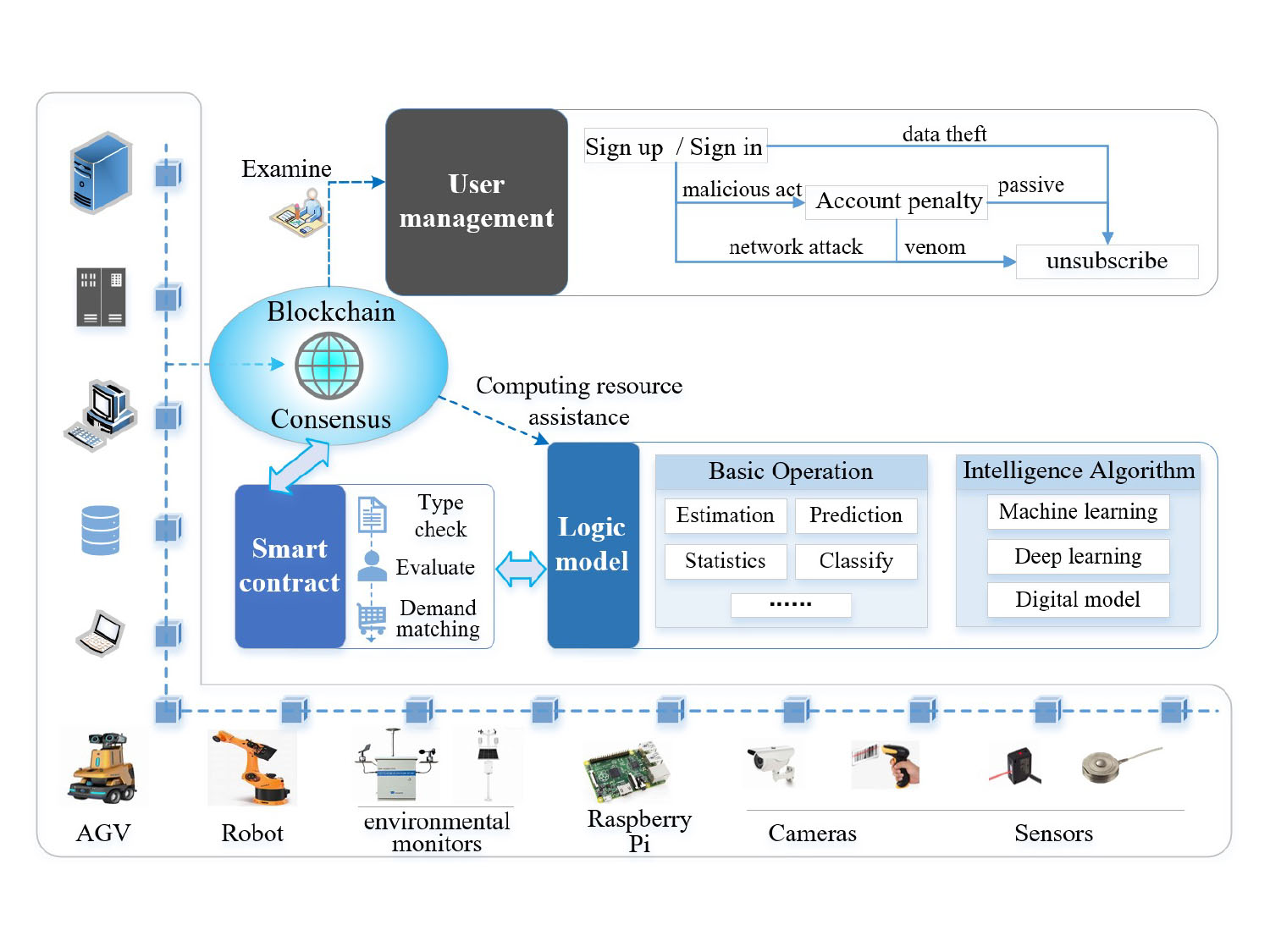SDG 09: Industry, Innovation and Infrastructure
"Location-based Storytelling and Game Design", taught by Ms Zoie So Wai-yi, empowered 16 HKBU students to leverage augmented reality (AR) technology applications for cultural heritage preservation. Through this service-learning course, students conducted site visits and interviews with shopkeepers of three traditional stores at the Central Market to capture stories and narratives inspired by local brands. Utilising AR, the students created interactive experiences showcasing creative visuals that encapsulate the cultural and historical aspects of the featured brands. Through delivering public tours over several weekends, which attracted over 5,000 visitors, students shared countless heritage-inspired tales, promoting the power of innovative digital storytelling in cultural preservation. This project exemplified how emerging technologies can be harnessed to revitalise history for future generations.
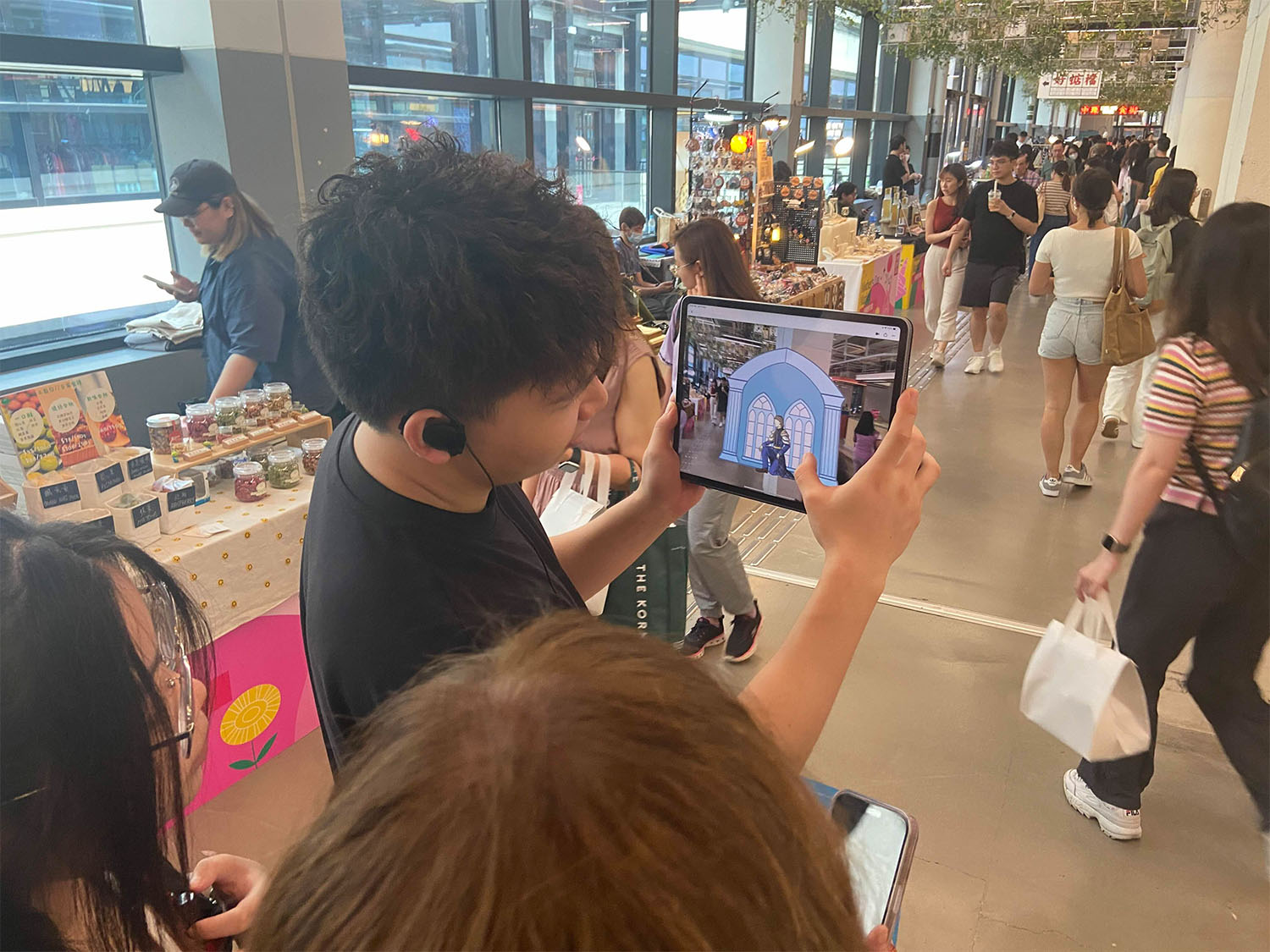

Broadening horizons and enhancing industry knowledge through career exploration trips
The Career Centre extended its commitment to broadening students’ horizons and enhancing their understanding of various industries. In 2023-24, eight-day trips to the Greater Bay Area were organised, benefiting more than 230 students by providing them with first-hand insights into the dynamic regional market, including a visit to the Asia Pacific Hydrotherapy Rehabilitation Research Center in Shenzhen. To further enrich the global outlook of students, immersive five-day career exploration trips were arranged during the winter break of 2023-24 for approximately 80 students. These trips allowed for an in-depth exploration of the business environments in Seoul, Singapore, and Tokyo, as well as opportunities to engage in meaningful dialogue with industry professionals.
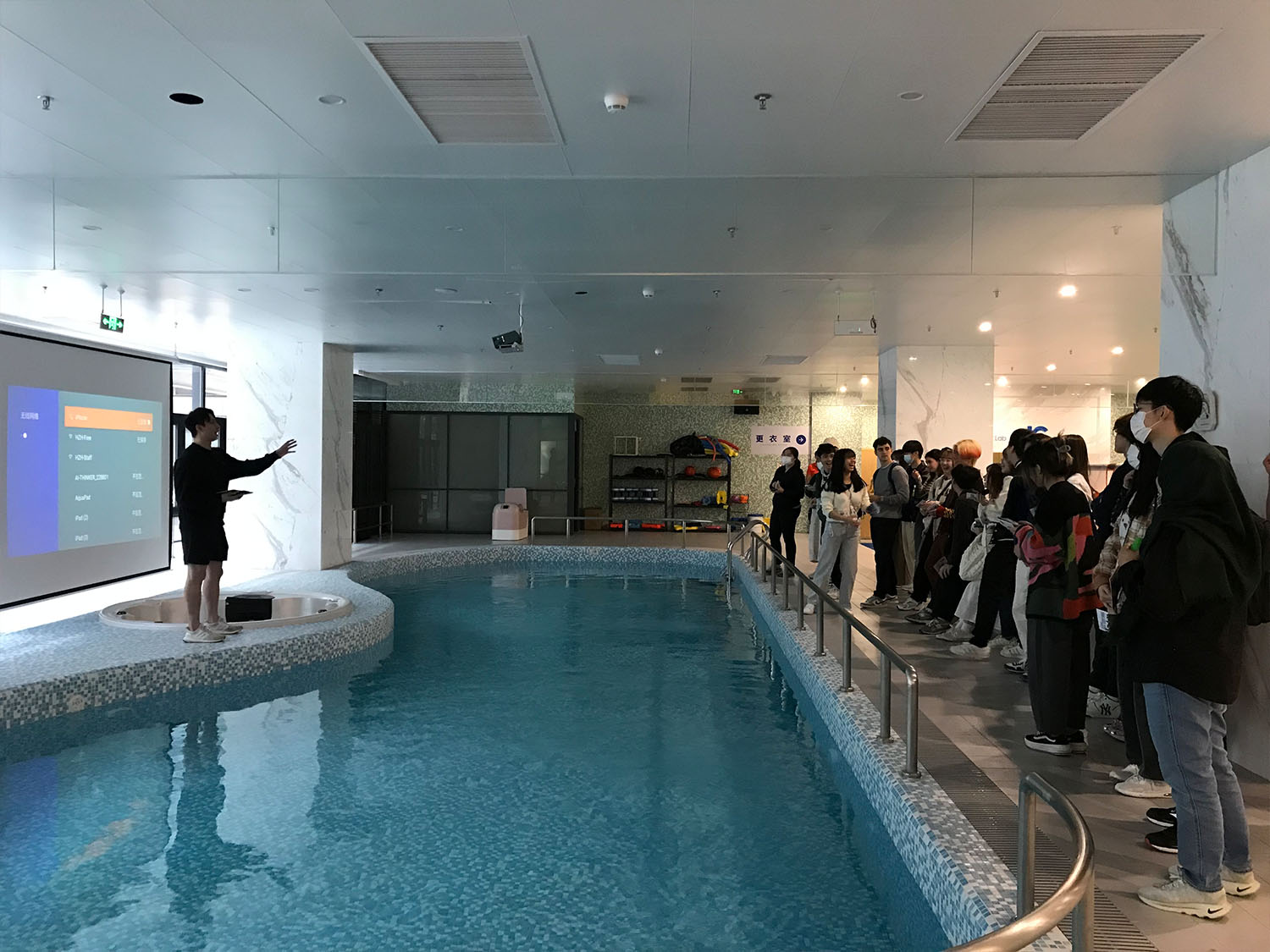

Nurturing social impact with advanced manufacturing innovations
The "techstars Startup Weekend Social Innovation", organised by TriAngle of the Centre for Innovative Service-Learning, offered a competitive platform for young entrepreneurs to immerse themselves in innovation and rapid prototyping. This incubation event, supported by 12 community partners, drew over 50 committed innovators, all eager to refine and actualise their ideas to address societal challenges. The event provided opportunities for participants to acquire business model advice from mentors in the field and to partake in a pitching session for seed funding. The weekend was a celebration of entrepreneurial spirit, with the Business Model Award given to MetaGreen for their IoT-based environmental innovations focused on improving the survival rates of saplings in remote green areas. The event showcased the students’ dedication to integrating new technologies with meaningful social advancements.
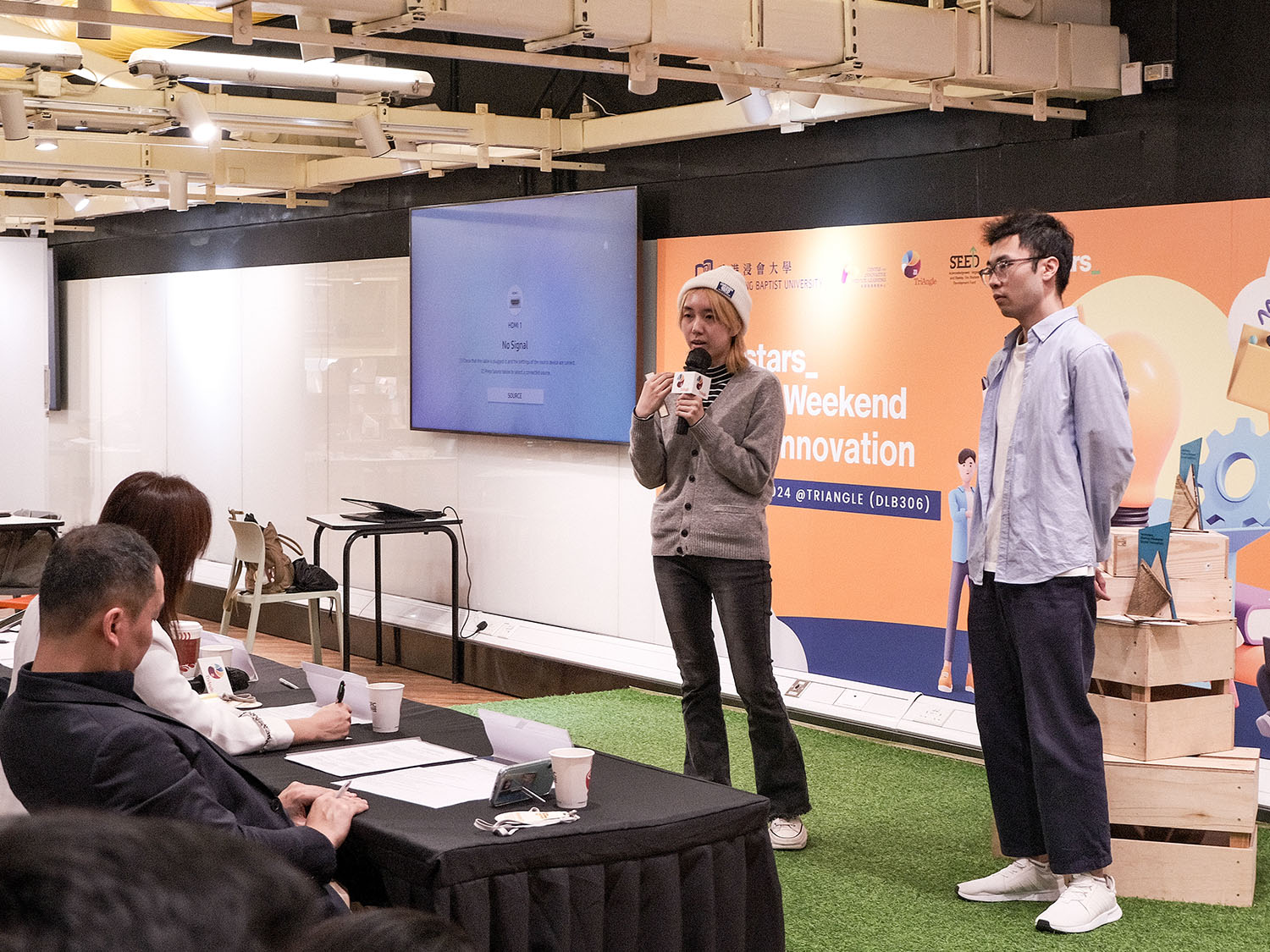

Driving technological innovation in education with ChatGPT
The workshop "Customise ChatGPT for Innovative Learning," facilitated by Dr Simon Wang and HKBU alumna Ms Vivian Lai, co-founder of the social enterprise Momenday, merges SDG targets 9.5 and 9.b – enhancing scientific research and supporting domestic technology innovation. Participants learned to tailor ChatGPT to develop unique language learning experiences, fostering innovation and technological development in educational settings. This collaboration not only advanced technological capabilities in academic institutions but also promoted inclusive and sustainable industrialisation through educational technology.
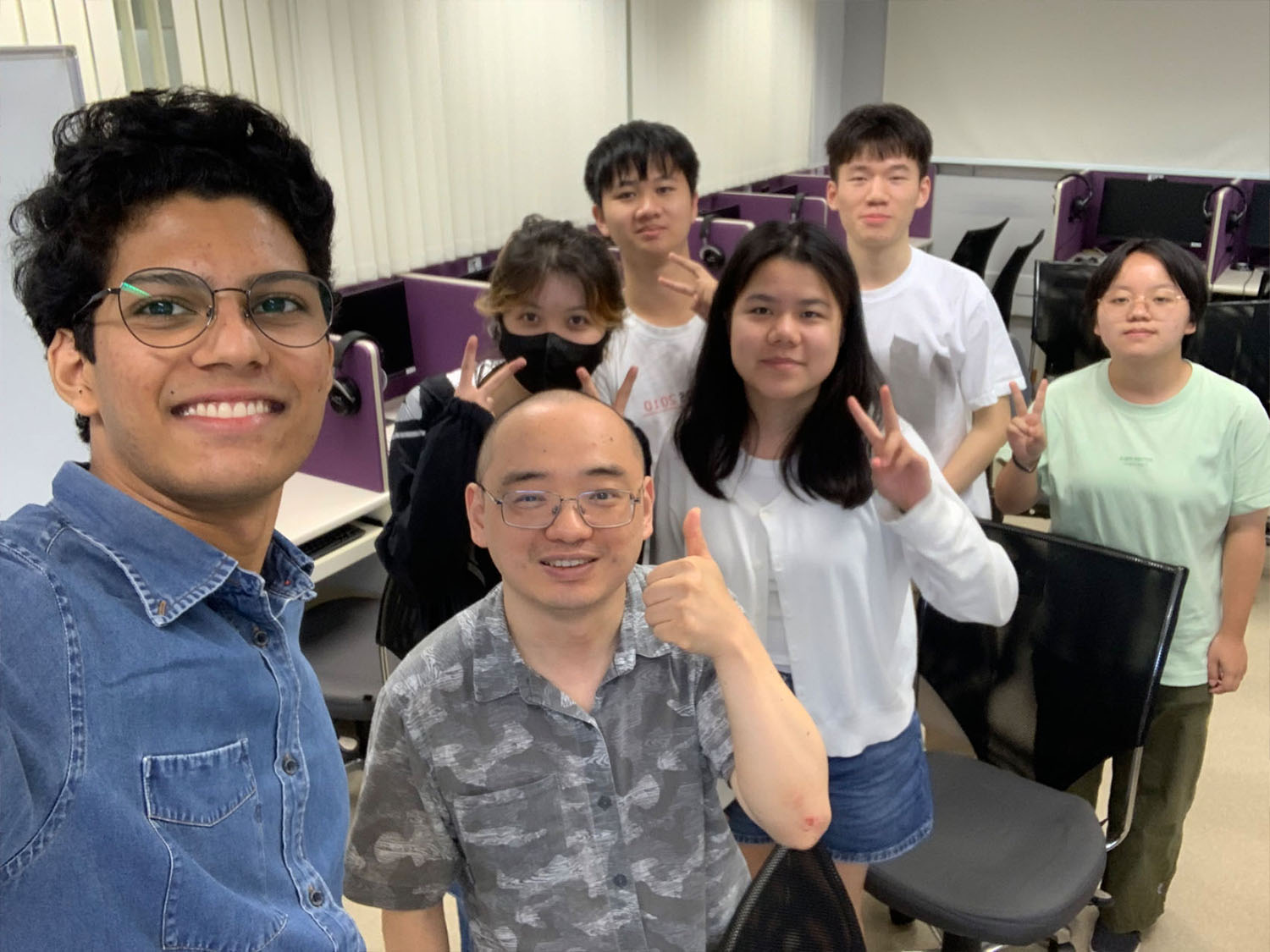

HKBU’s first project for inclusion supports students with special educational needs
Organised by the Career Centre, The StartMe Up Project for Inclusion, in collaboration with three community partners, showcased students' innovations in disability inclusion. The initiatives attracted 65 students to its training sessions, received applications from 23 students for the competition, and highlighted the achievements of four winning teams. Each received start-up seed funding and was paired with professional business mentors for a year of guidance to help them establish clear project development directions. Some leaders of the participating teams were students with special educational needs. Despite facing numerous challenges, they led their teams in developing innovative solutions to address societal issues related to disability inclusion.
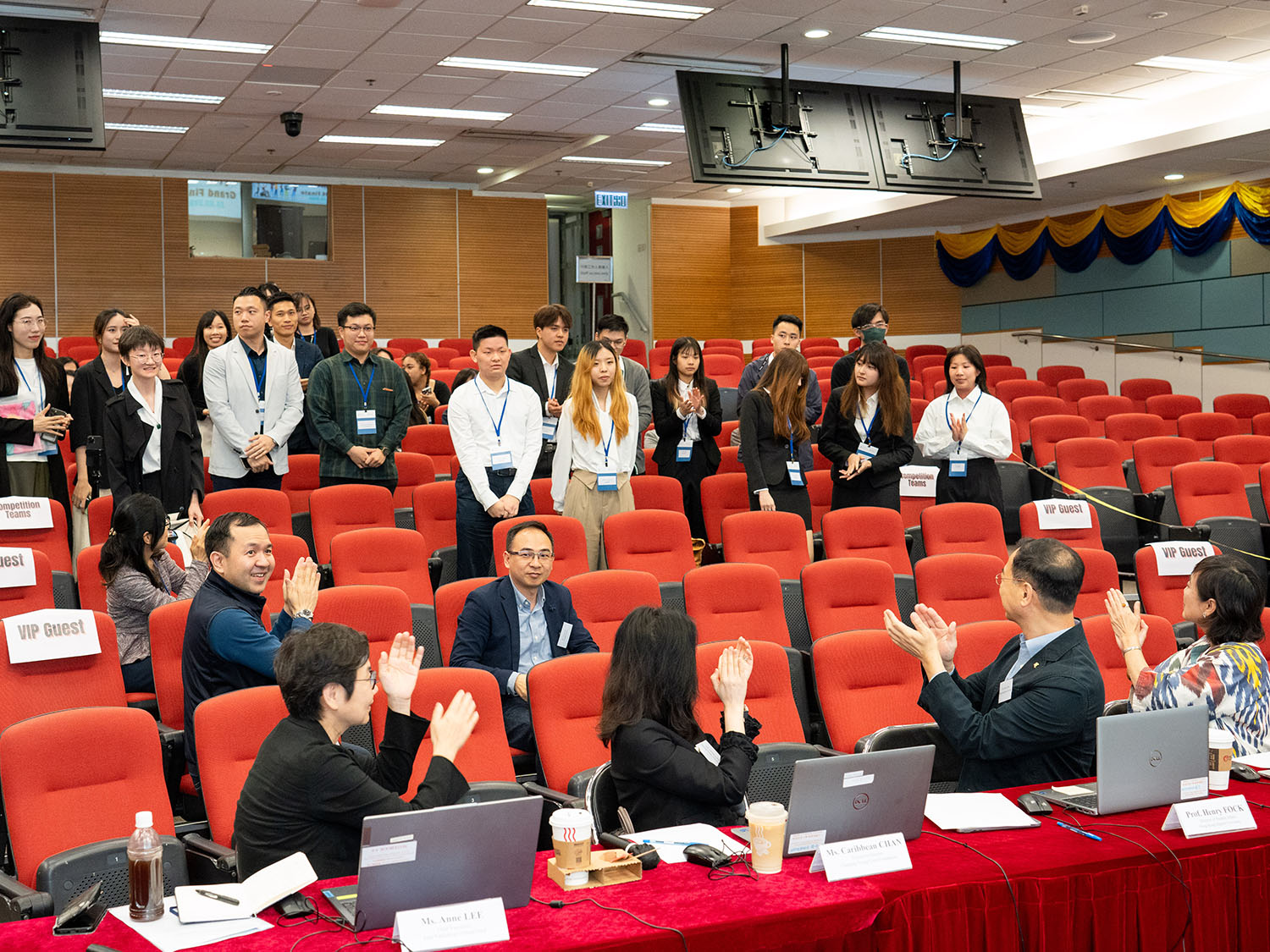

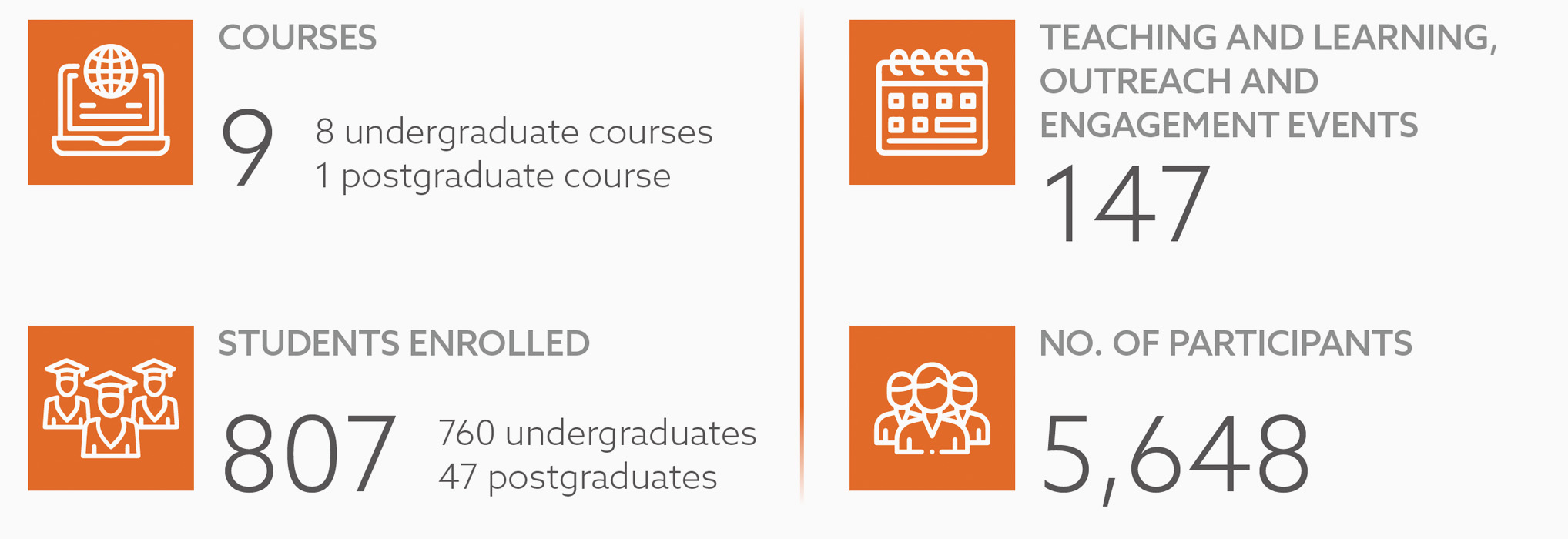

Department of Management, Marketing and Information Systems
Authors: Tracy Junfeng ZHANG*, Danny T. WANG, Caleb H. TSE, Sin Yan TSE
*Corresponding author
This research explores how multinational enterprises (MNEs) can enhance their innovation capabilities by involving customers in the development of new products, particularly through their subsidiaries in foreign markets like China. By leveraging customer input as either co-developers or information sources, MNE subsidiaries can enhance their innovation capabilities and significantly improve product innovativeness and speed to market. In particular, the study emphasises the importance of strategically integrating customer input, local knowledge with corporate expertise, enabling MNEs to build resilient innovation inf rastructure through subsidiaries and foster innovation outcomes that meet local market needs. This approach not only drives industrial advancement, but also strengthens the overall innovation infrastructure in emergingmarkets, contributing to inclusive and sustainable economic growth.
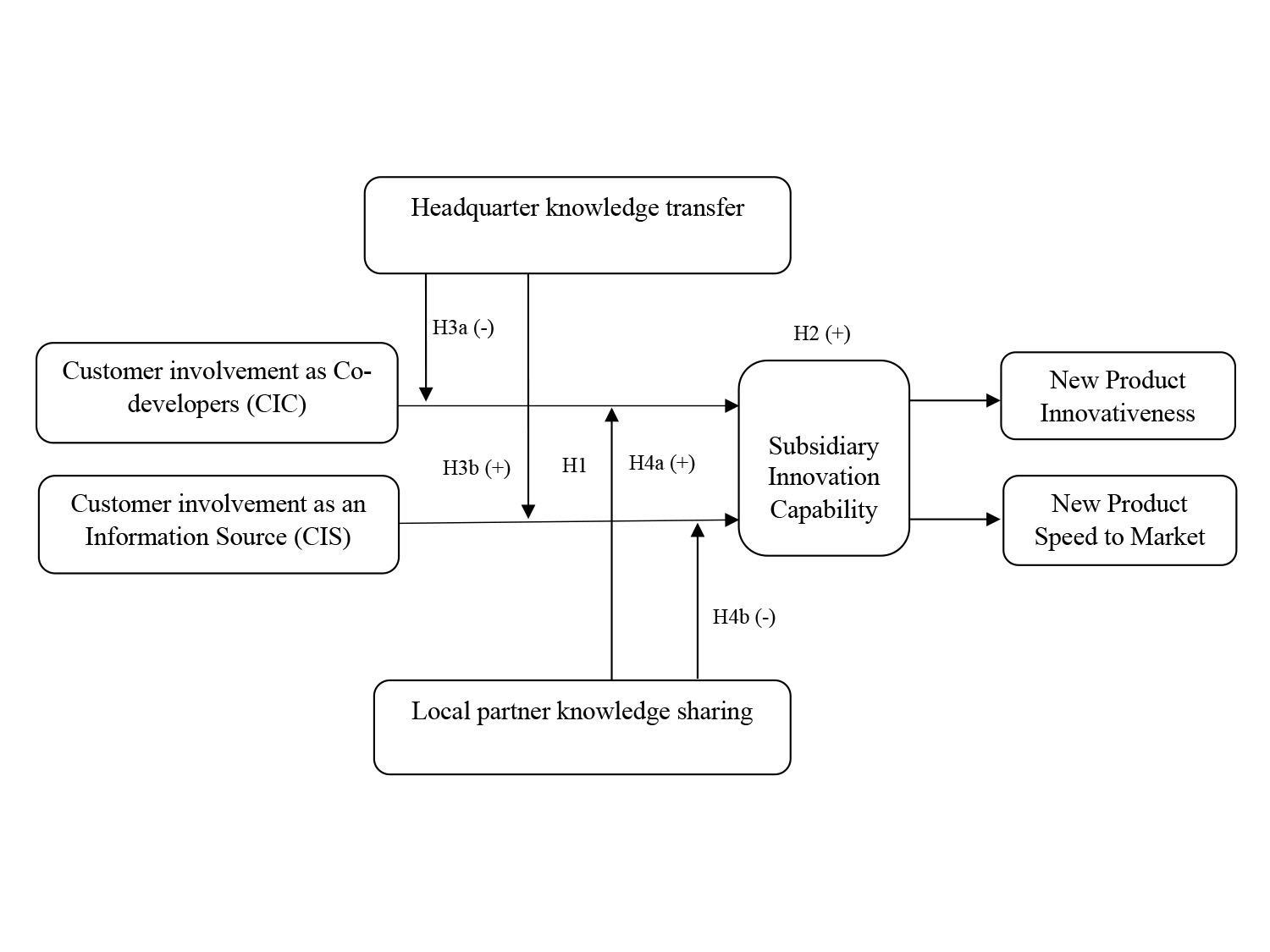

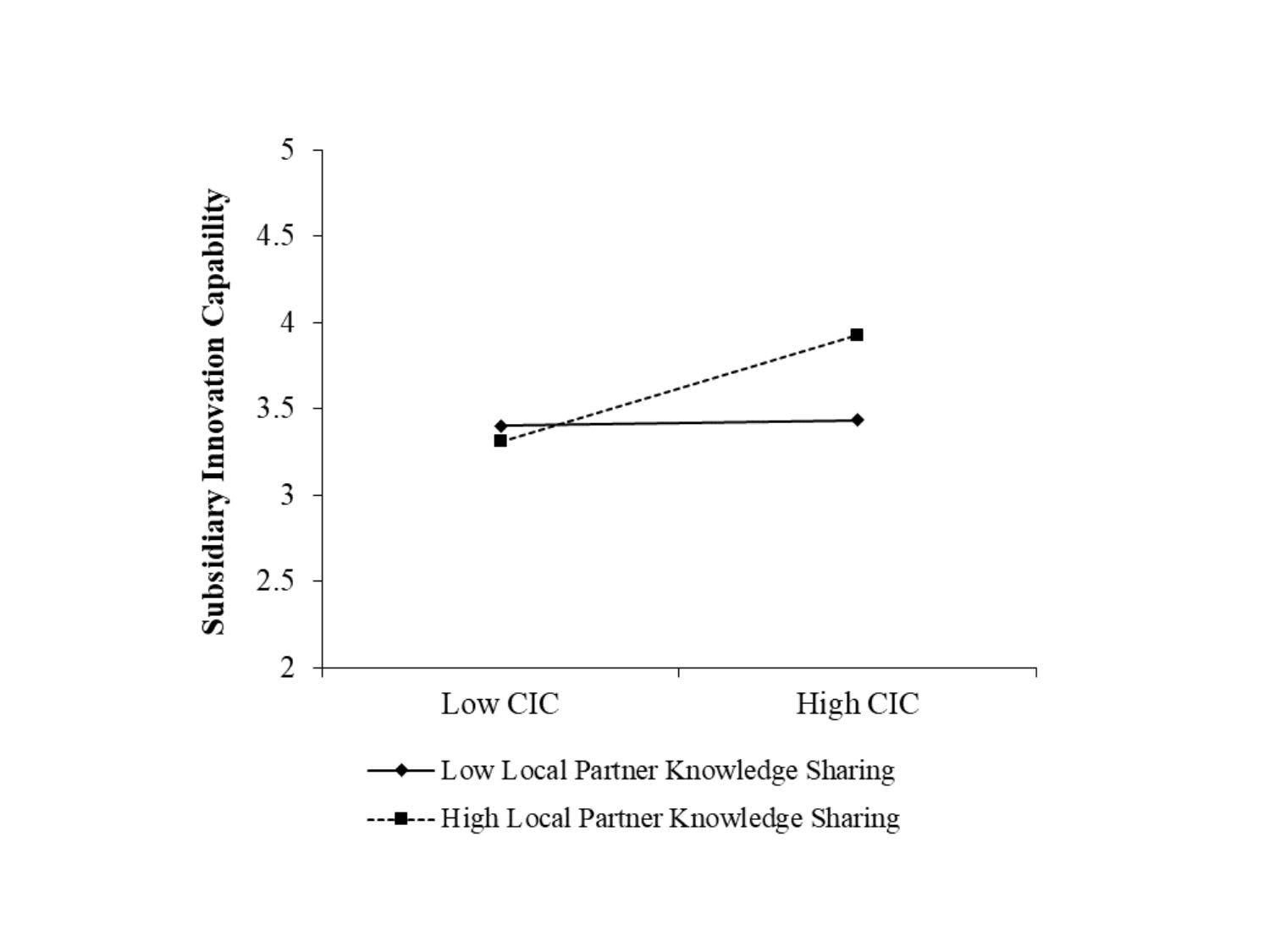

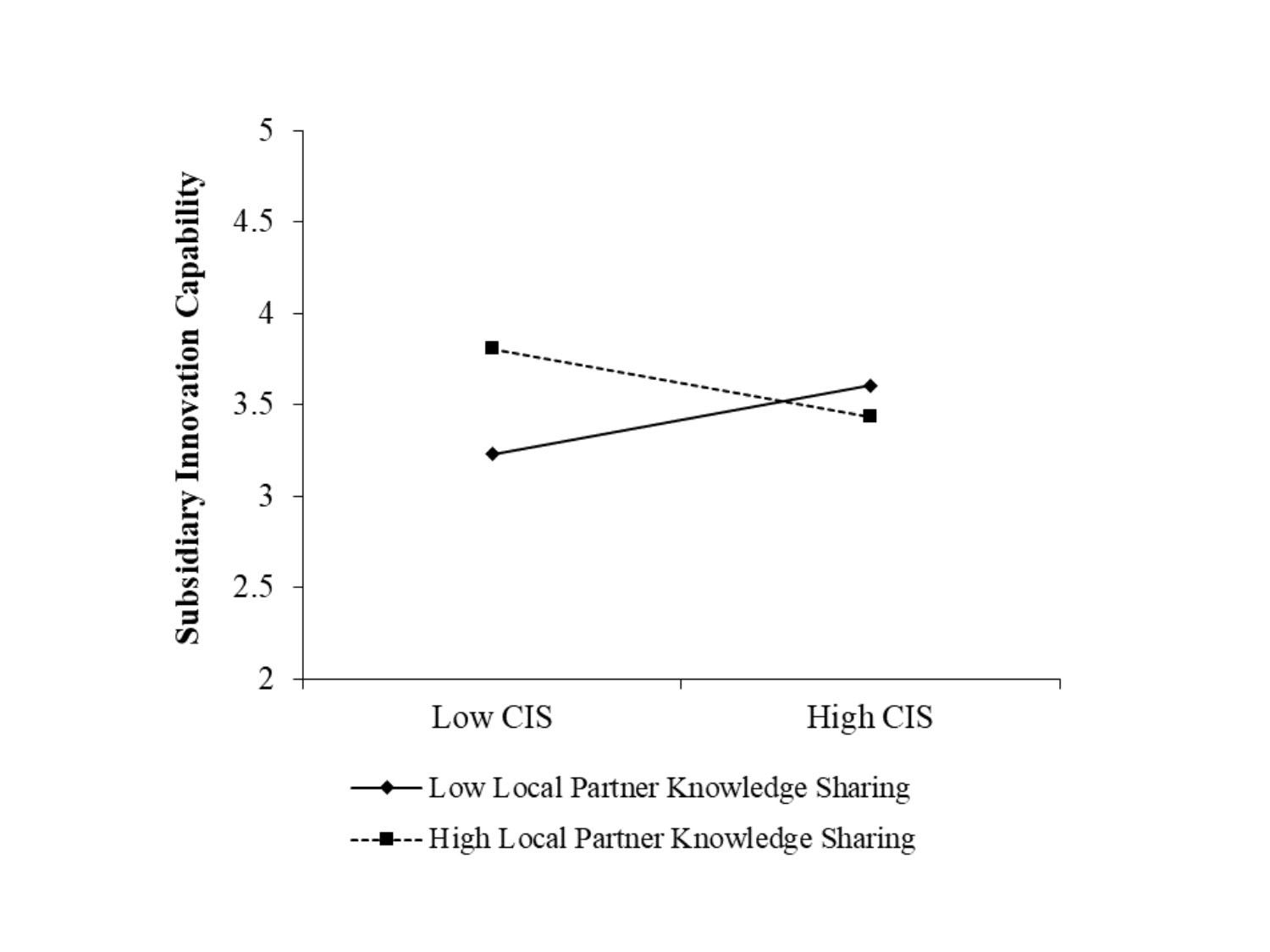

Blockchain-based data security and sharing for resource-constrained devices in manufacturing IoT
Department of Computer Science
Authors: Jinbiao TAN, Jianhua SHI, Jiafu WAN*, Hong-Ning DAI, Jiong JIN, Rui ZHANG
*Corresponding author
Resource-constrained devices in manufacturing Internet of Things (MIoT) can collect a huge amount of privacy-sensitive data. It becomes a challenge to achieve privacy-preserving data sharing due to MIoT's resource limitations. To this end, this article originally presents a novel secure data-sharing scheme based on blockchain and data obscurification mechanisms. Specifically, a resource-assistance mechanism is devised via blockchain-based smart contracts. Meanwhile, polygon semantic rules were adopted to strengthen the security of MIoT data. Extensive experiments have been conducted in a customised candy-wrapping production line to verify the effectiveness of the proposed method. The proposed method can be further extended to other customised factories.
